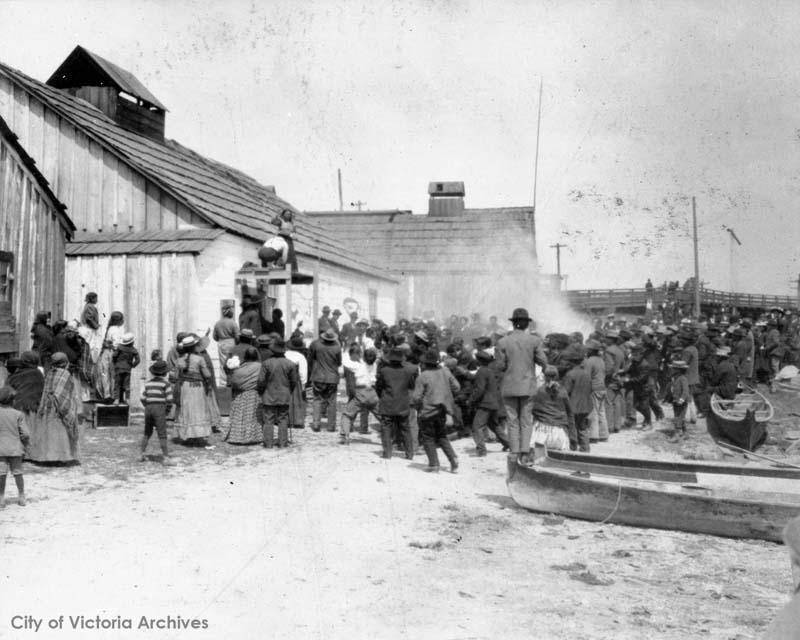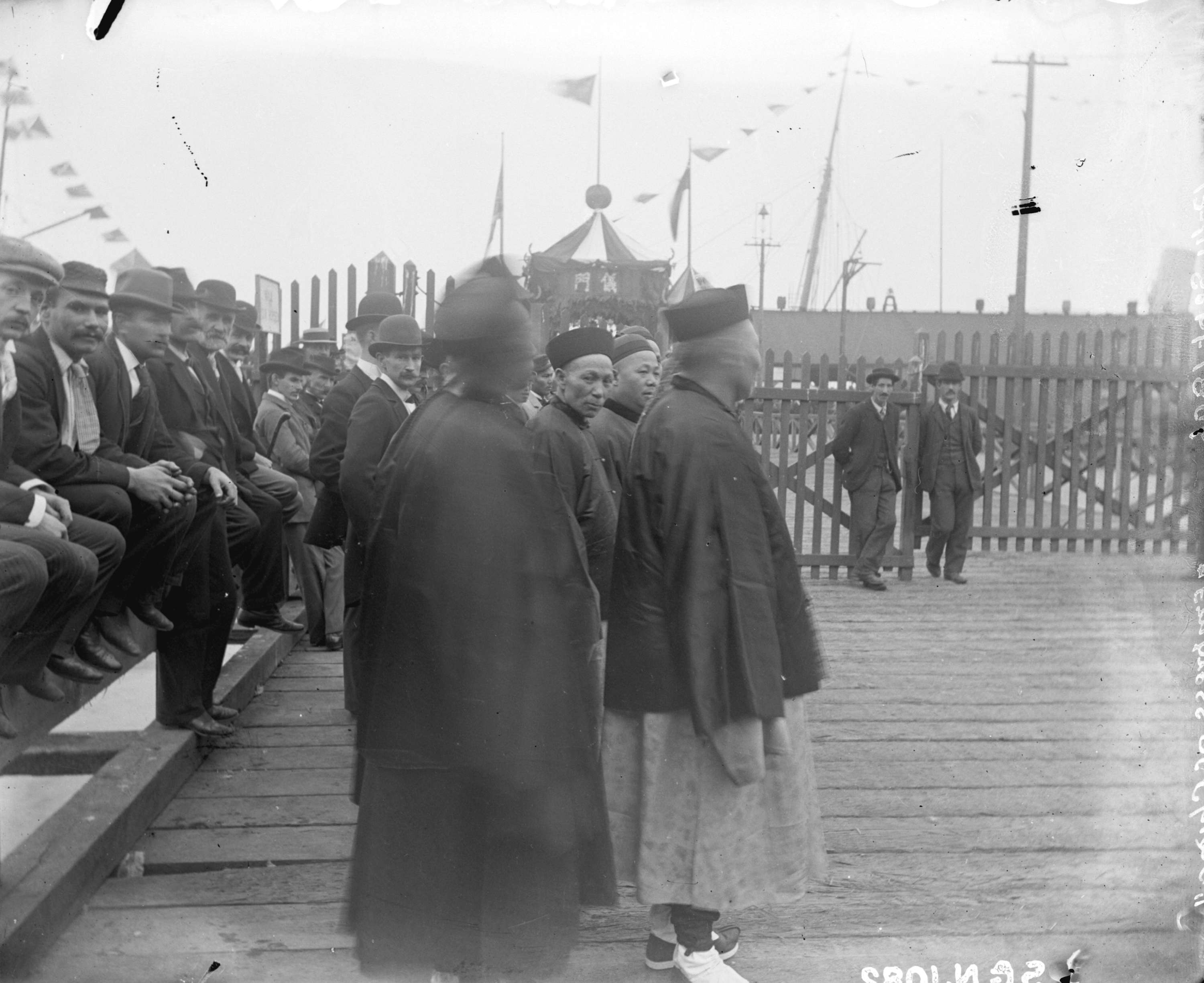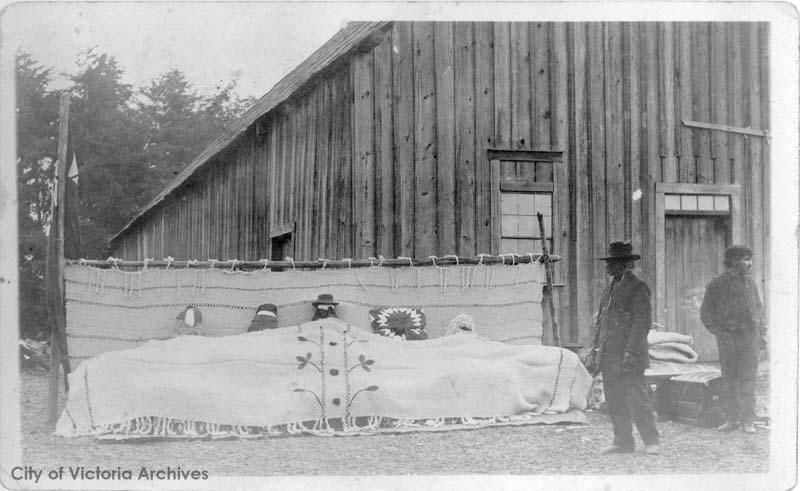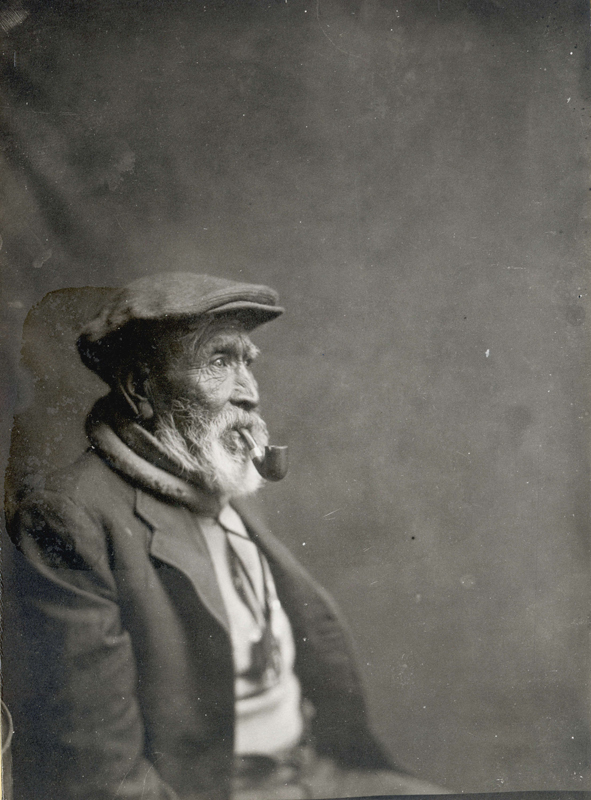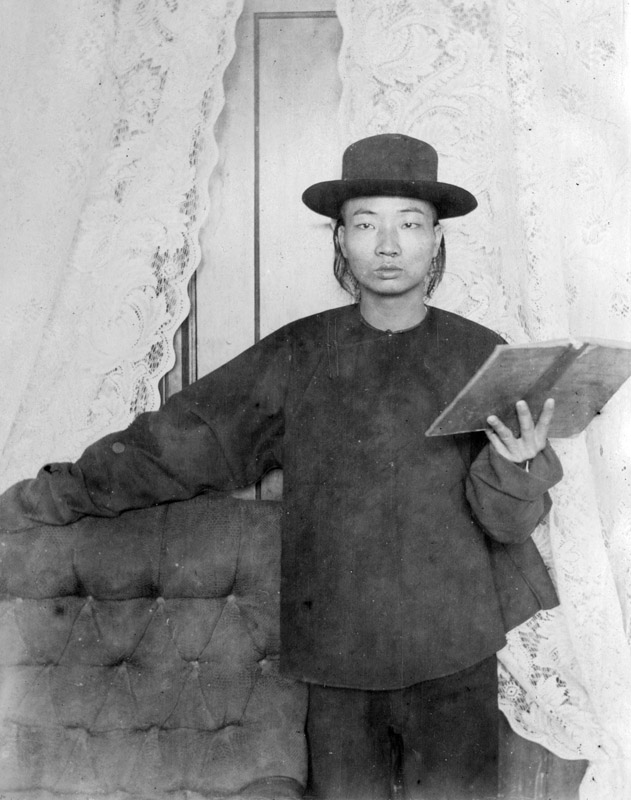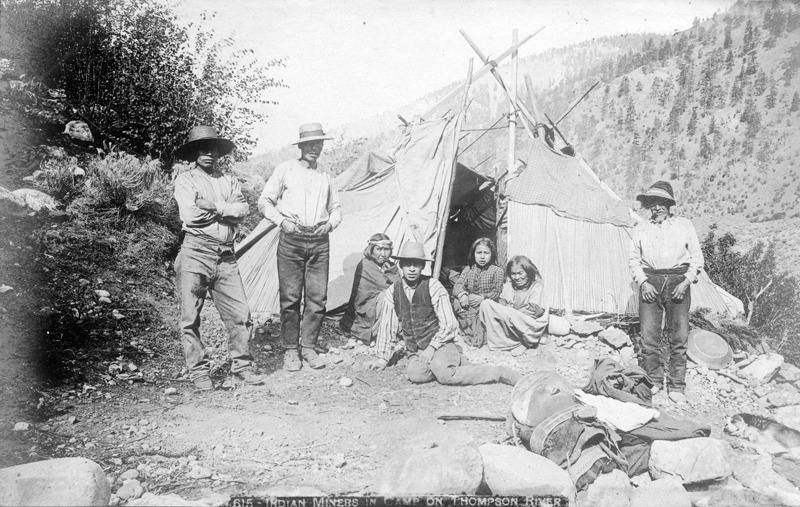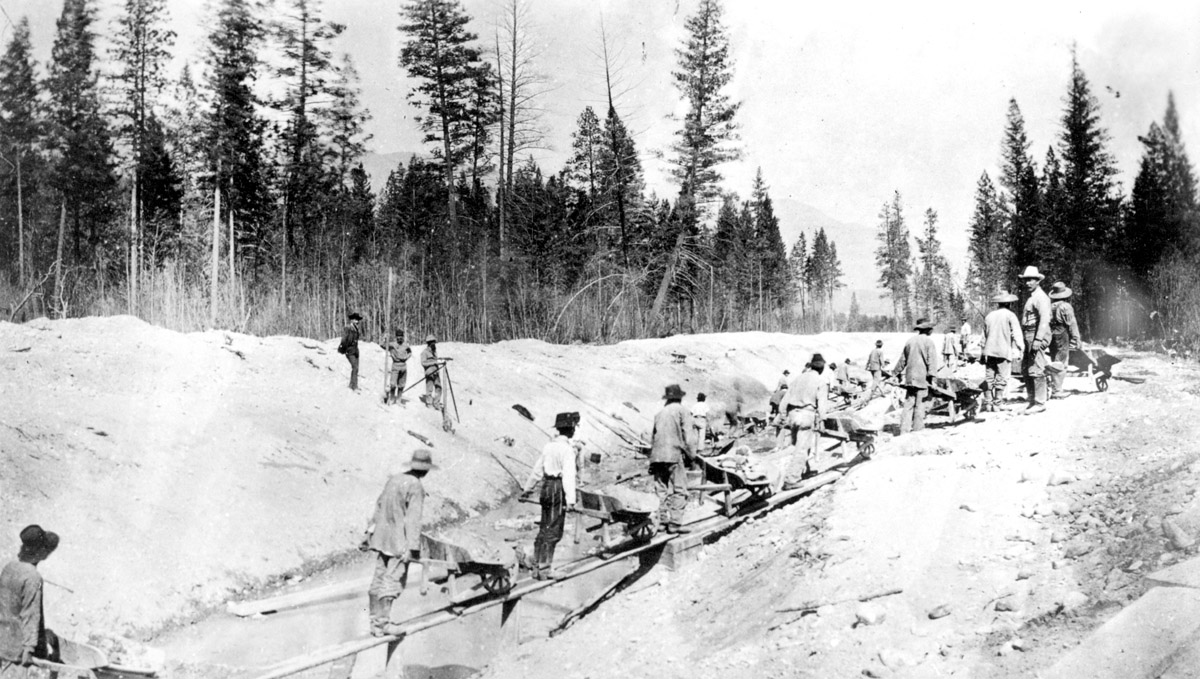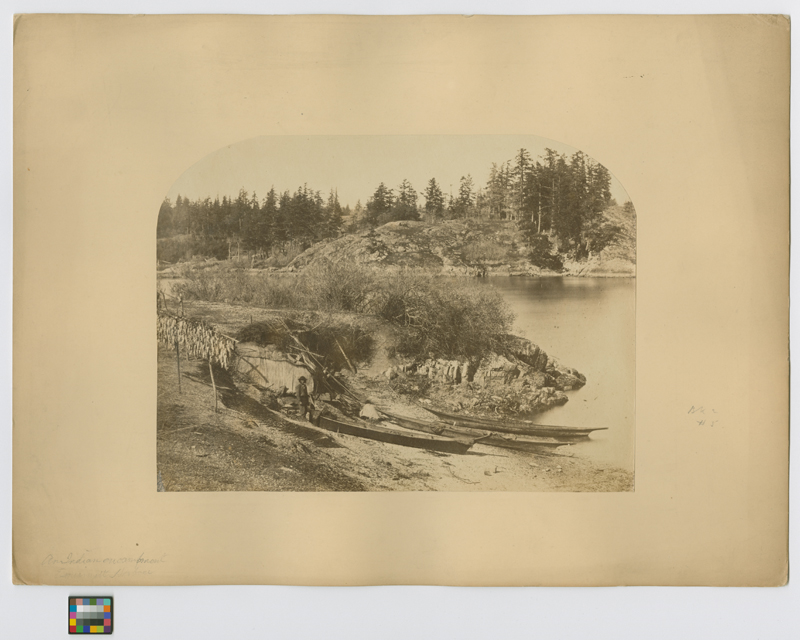Although representative and responsible government was generally thought to have been achieved in B.C. by 1871, many peoples and communities were intentionally excluded from having any representation at all within the province. Women and ethnic minorities were traditionally denied a voice in the political process.
In 1871, the ethnic makeup of B.C. was estimated to be approximately 25,660 Indigenous, 8,500 white, 1,500 Chinese, and 500 Black residents.
In 1872, the first Legislative Assembly passed the Qualification and Registration of Voters Act, 1872, preventing both Indigenous and Chinese peoples from voting in provincial elections. In particular, Chinese residents were deliberately excluded because of fears they would monopolize the job market due to their willingness to work in difficult and challenging positions for lower wages than white workers. By disenfranchising entire ethnic groups, the provincial government sought to define those who could participate in British Columbia's governance.
